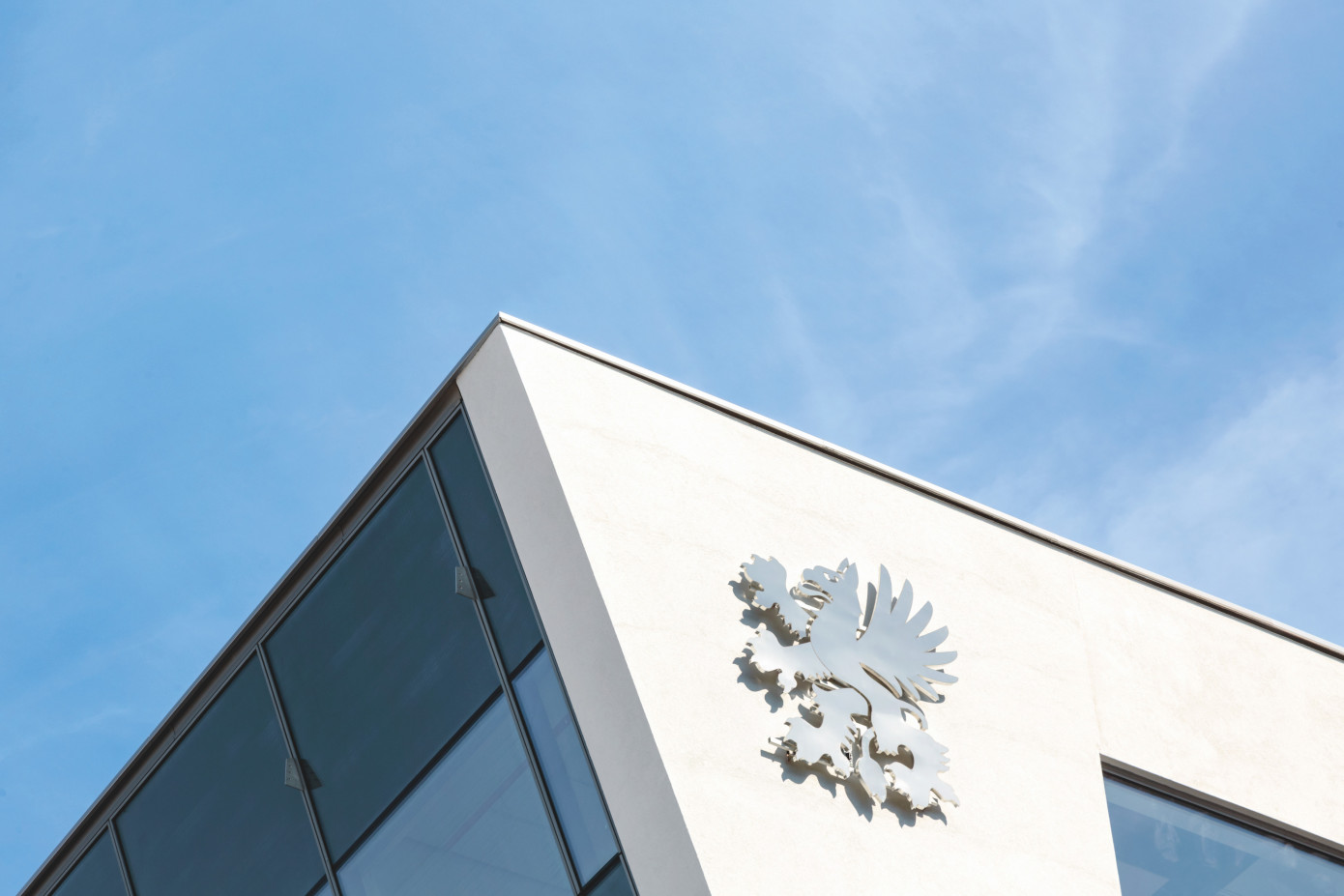In 2019, UPM decreased sales by 2% to Euro 10,238 million and comparable EBIT decreased by 7% to Euro 1,404 million, company reported.
Jussi Pesonen, President and CEO, comments on Q4 and full year 2019 results: “The year 2019 was a milestone year in UPM’s strategic transformation. In July, we made the decision to build a highly competitive pulp mill in central Uruguay to drive a step change in UPM’s future earnings, as well as in the scale of UPM’s pulp business. At the same time, all our businesses continued developing product innovations beyond fossils. Biochemicals and biofuels businesses are at the forefront of this development.
In 2019, our business performance continued at a good level despite the slowing economic growth. We were able to maintain stable margins throughout the year and achieved a record-strong cash flow. This was a good achievement given the erosion of our product prices during the second half of the year.
Our 2019 sales decreased by 2% and comparable EBIT fell by 7%. Our operating cash flow increased by more than half a billion euros to EUR 1,847 million and we finished the year with a record-low negative net debt of EUR -453 million. I would like to sincerely thank all UPMers for making 2019 a success.
In the fourth quarter of the year our sales decreased by 10%, mainly due to the fall in pulp sales prices and graphic paper deliveries. Margins and profits remained at the level of the two previous quarters, but comparable EBIT decreased by 15% from Q4 in the previous year. We achieved a new quarterly record with an operating cash flow of EUR 592 million.
UPM Biorefining continued to experience good customer demand for pulp, renewable biofuels and timber. However, its earnings were affected by substantially lower pulp prices, as expected. The best performer of this business area was UPM Biofuels. Lappeenranta Biorefinery, which has been important in breaking new ground for UPM, celebrated five years of commercial production at the beginning of 2020.
UPM Communication Papers had an excellent quarter and enjoyed a sweet spot of stable contract prices and decreased variable costs. However, the slow economic environment in 2019 impacted the demand for paper, which declined faster than in previous years.
To adjust to customer demand, UPM reduced its graphic paper capacity by 620,000 tonnes during the second half of the year through closures at UPM Plattling, Germany, and UPM Rauma, Finland, and through the conversion at UPM Nordland, Germany. At UPM Chapelle, France, there are ongoing sales and employee consultation processes concerning a potential further reduction of 240,000 tonnes of newsprint.
Despite the decline in demand, the graphic paper market continues to have significant volumes. We are committed to profitable business and will serve our customers from our most competitive units and geographies. Our track record in managing our own operations is strong. However, the competitiveness of the operating environment is also decisive.
Customer demand for UPM Specialty Papers was good. The business achieved record comparable EBIT, supported by lower input costs and several initiatives on fixed costs. The release liner capacity expansion at UPM Changshu, China, started production ahead of schedule in December, and the conversion of PM2 to release liner at UPM Nordland is currently ramping up.
UPM Energy delivered strong earnings supported by improved hydropower generation. For UPM Raflatac, the fourth quarter saw good margin management and record cash flow. However, UPM Plywood ended the year on a negative note with weakening demand, declining prices and industrial action in December.
In January we announced our commitment to the United Nations Global Compact’s Business Ambition for 1.5°C. UPM has a unique opportunity to make a positive impact and contribute to limiting the climate change. We innovate climate-positive products and turn them into growing businesses. Furthermore, we will limit risks from climate mitigation policies and physical impacts of changing climate. This is important for the long-term value of the company.
We have many things to look forward to in 2020. We have exciting transformative projects either in progress or in planning, which will drive the company’s future earnings and value. In Uruguay, our project for the new world-class pulp mill is proceeding as planned. Last week, UPM and Andritz Group signed a preliminary agreement under which Andritz is to supply us with energy-efficient and environmentally leading pulp-production technologies.
UPM’s financial position is exceptionally strong, which enables us to make these opportunities real. At the same time, we are in a position to pay an attractive dividend to our shareholders. UPM’s Board of Directors has today proposed a dividend of EUR 1.30 (1.30) per share for 2019, representing 38% of operating cash flow per share. The proposal reflects UPM’s exceptional financial position and confidence in future cash generation".
Outlook for 2020
Global economic growth is expected to continue in 2020, albeit at a modest level. Growth is expected to be slow in Europe. Potential intensification or easing of trade tensions between major economic areas cause uncertainty to the business environment. These issues may impact UPM’s product and raw material markets in 2020.
In 2020, robust demand is expected to continue for most UPM businesses, whereas demand decline is expected to continue for UPM Communication Papers.
In the beginning of the year 2020, paper prices are expected to decrease moderately, compared with Q4 2019. Pulp prices are starting the year 2020 at a low level, after the decreases that took place throughout the year 2019.
UPM will continue its actions to reduce fixed and variable costs. In 2020, the intensifying phase of UPM’s transformative growth projects is expected to add project-related costs to the fixed costs.
UPM’s comparable EBIT in H1 2020 is expected to be significantly lower than in H1 2019, due to lower sales prices, partly offset by decreases in variable costs. Comparable EBIT is expected to recover in H2 2020.
